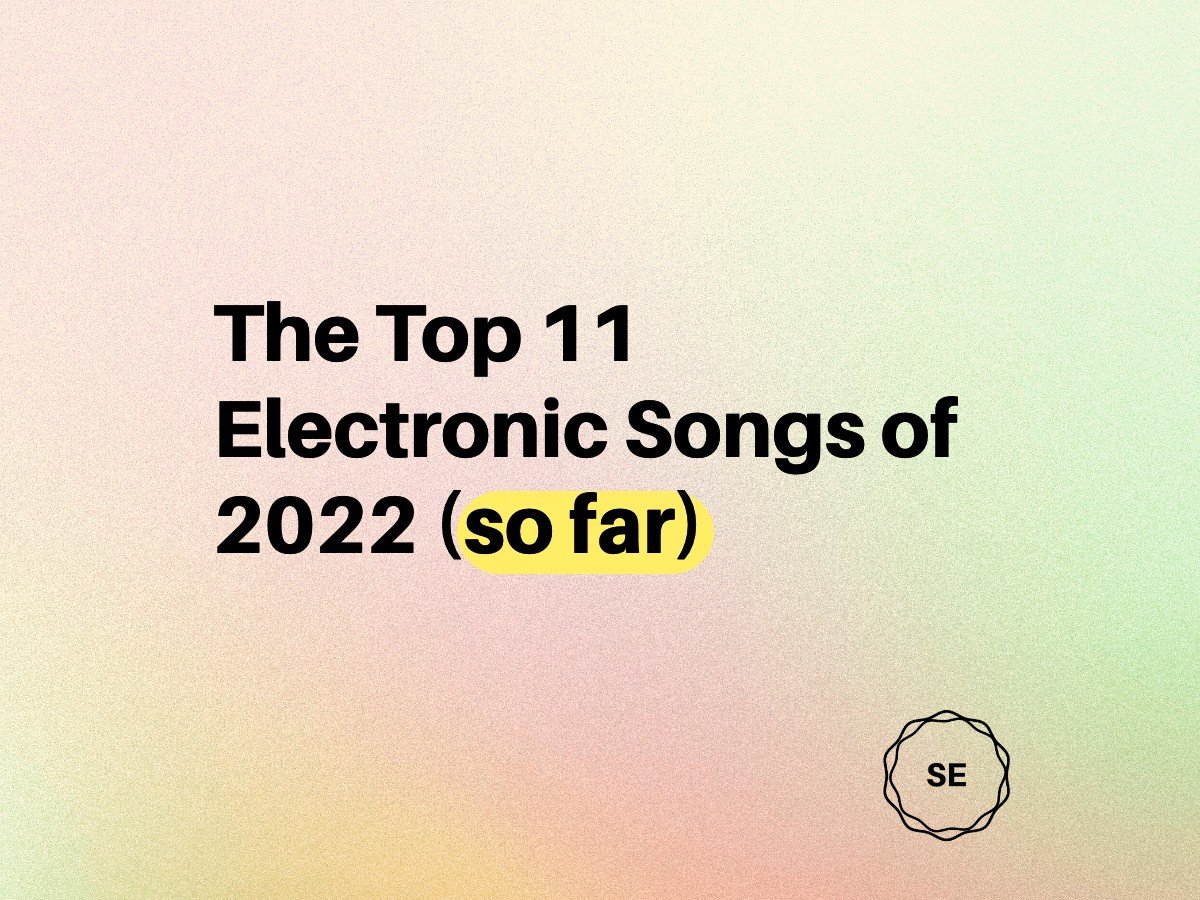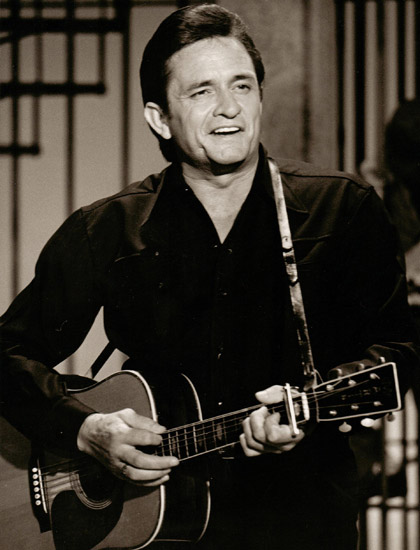Interpol - The Other Side of Make-Believe
Interpol
The Other Side of Make-Believe
By: Jon Gallagher
If you like Interpol, you'll love The Other Side of Make-Believe. If you don't, this probably won't make you.
Imitation, they say, is the sincerest form of flattery. Nowhere is this maxim more accurate than in the field of what is colloquially known as "popular music."
Musicians will manifest their influences consciously or unconsciously in their music, and seldom does the musical apple fall far from the tree.
With this in mind, when it comes to The Other Side of Make-Believe, one can only surmise that Interpol spent a lot of time with Television's "Marquee Moon" Joy Division's "Unknown Pleasures" and David Bowie's "Berlin Trilogy."
This album is the band's first full-length offering since 2018's Marauder, and by contrast, The Other Side of Make-Believe has a more oppressed and claustrophobic sound, accurately reflecting the environment of its conception.
Paul Banks (Lead Vocal, Rhythm Guitar, and Bass Guitar), Daniel Kessler (Lead Guitar, Keyboards, and Backing Vocals), and Sam Fogarino (Drums and Percussion) initially started to conceptualize and refine ideas for this album remotely during the Covid-19 pandemic lockdowns of 2020/2021 and this sense of detachment and isolation drive key elements both musically and lyrically on the resultant collection of songs.
Cred: Atiba Jefferson
Interpol, formed in 1997 in Manhattan, New York, are no strangers to producing moody, atmospheric songs, all driven by a ubiquitous, staccato, decidedly squonky guitar pattern reminiscent of the Gamelan-influenced style of mid-period Robert Fripp.
In that department, The Other Side of Make-Believe does not disappoint, with the bulk of the tracks falling firmly within this formula, albeit with a few memorable outliers.
"Something Changed" eschews the arpeggiated guitar for a warbling, honky-tonk bar piano sound that serves the song's bipolar swings between verse and chorus very nicely. Add a jittery guitar-like bassline (courtesy of Rhythm Guitarist Kessler), and paranoia has rarely sounded so sexy.
Music has often straddled the fine line between "borrow" and "steal."
There have only been a handful of true innovators in the area of musical individuality, artists that have defined a unique sound all their own since the beginning of rock and roll.
The other 90 percent of artists have had to stay content with amalgamating and synergizing from this relatively small pool of audio Illuminati.
A little of column A, a little of column B, and a sprinkling of column C, or the like. This unconscious influence is why there are many groups that sound like other groups and songs that sound like other songs. Sometimes this homage can be perilous (Like George Harrison's "My Sweet Lord") and sometimes can be immensely successful (Like Led Zeppelin's, well, everything).
For a band such as Interpol, who wear their influences so proudly on their sleeves, is it accurate to say that they are co-opting the different elements from the source material, or have these influences become the virtual DNA of the band?
As you couldn't very well criticize a grandchild for having their grandmother's eyes as appropriation, nor can we pigeonhole Interpol thusly for sounding like a pastiche of bands that exist up the DNA ladder from them.
In this light, "Into the Night" stands out as an odd time signature (6/8?) more up-tempo "Bela Lugosi's Dead" Bauhaus groove, while "Mr. Credit" invokes the Psychedelic Furs, but to the detriment of the song, Paul Banks is, unfortunately, no Richard Butler.
Lest this be misconstrued as vitriol, be assured that The Other Side of Make-Believe is a *good* album and a *very* good Interpol album, make no mistake.
Will this record change your life?
No.
Will this record bring Interpol a massive influx of new fans?
Also no.
Will this record make someone who has bought and enjoyed every other Interpol album insanely happy?
Absolutely without question.
Interpol is a band that has found its core sound and is content to make albums that are variations on a very serviceable theme, but unless they continue to evolve, the band will find that not only do they fail to expand their base, but they will suffer the loss of grass-roots fans.
To coin a phrase, "Good bands write songs for their fans. Great bands write songs for those who aren't fans yet."
Of course, it's also important to remember that Charlie Chaplin once entered a Charlie Chaplin look-alike contest and lost.












